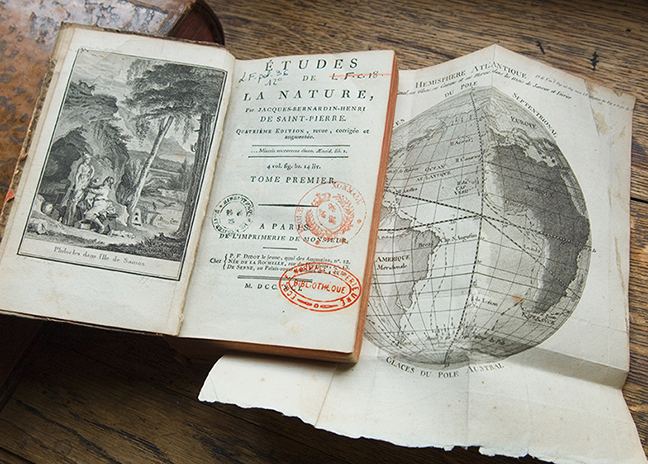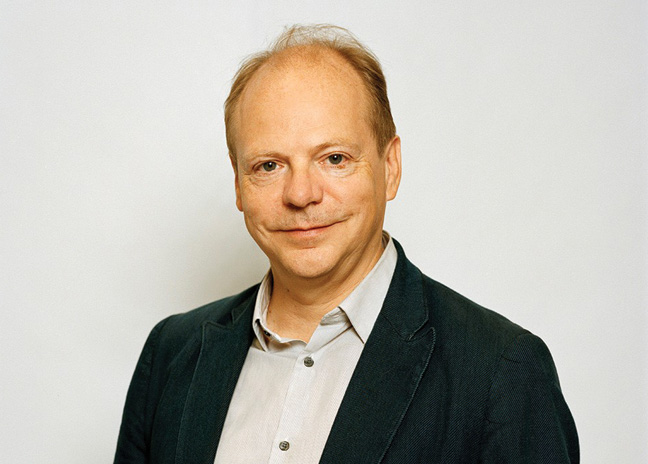“A sense of collective pride”
Patrick Boucheron, professor at Collège de France and chairman of the first PSL SHS Thesis Prize, reflects on the essential role of humanities and social science in the world today and the importance of recognizing research work in the field.

“Let others pride themselves about how many pages they have written; I'd rather boast about the ones I've read.” I think Borges pretty well sums up the feelings not only of the jury for the first PSL Thesis Prize in SHS, but I would imagine also for all the academics and the large audience that attended the awards ceremony: there was a sense of collective pride. The emotion generated is extremely politic, since it builds community: our aim is not only to admire and recognize the completion of the thesis process, an inevitably unrelenting, solitary, and anxious one, but also to understand that it is up to us to be worthy of that effort. That includes working together to escape the literary terms of academic criticism — as Paul Valéry put it, “everything ends at the Sorbonne, everything decays into dissertations.” There is a certain thoughtlessness to this systematic devaluation of our own work that borders on self-hatred. This attempt to apply a scientific approach may be called “humanities” or “social science,” and for me, it is not necessarily a move away from the existing literature. Quite the contrary, in fact.
However different their methods or curious their subjects, all our winners have one thing in common: they are trying to strike the right balance between the demands of research and the urgency of the present.
Anyone concerned about the vigor of French research in humanities would do well to peruse the winners of the PSL SHS Thesis Prize, which embody the broad-ranging curiosity, the intense commitment, the daring comparisons, and the rigorous methods that make our disciplines so dynamic. After all, those disciplines are valid only if they speak to society, not content simply to build new knowledge but inventing ways to make them socially available. It is probably impossible to reduce the variety of research topics chosen by the 5 winners, who in turn were selected from more than 300 applicants, to a few simple paradigms or common threads. Indeed, if you also consider the 18 honorable mentions the jury insisted on awarding, having been so impressed by the quality of this first harvest, the overwhelming impression is one of diverse points of view and disciplinary challenges. And not one of them chose to retreat into the ivory tower of academia, writing only for the members of a scholarly niche and carefully avoiding the anxiety that is the hallmark of the era. However different their methods or curious their subjects, all our winners have one thing in common: they are trying to strike the right balance between the demands of research and the urgency of the present.
That is why it seemed to me that this methodological realism, which makes the concrete conditions of investigation visible not to weaken its results but rather to underscore their scientific nature, redefined the aim of truth in the humanities. This concept is currently the subject of a debate raging beyond the boundaries of the academic world, dragging many members of society into a shared distress. An initiative like ours should produce what Michel Foucault called an “effect of truth.” Listening to the passion and precision of our prize winners, who were able to express their intellectual fire and rigor in just a few words, it was impossible not also to hear a clarion call. It is unacceptable that pursuing truth, originality, and novelty, the aims that encourage them to cross the boundaries between disciplines, should garner prizes and yet make it difficult to land a position in higher education. Let us be clear: these days, an interdisciplinary approach gives rise to innovation yet also closes doors in terms of employment. This observation does nothing to dull our collective pride; rather, it provides a political channel. That is why the winners of our first PSL SHS Thesis Prize did more than simply deliver a reassuring message about the vigor of research; they also required us to envision the political means to recognize and value it.
Patrick Boucheron

